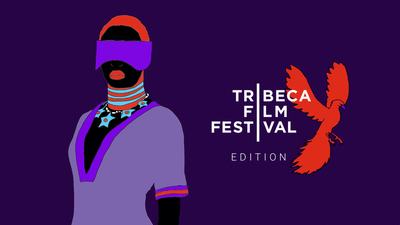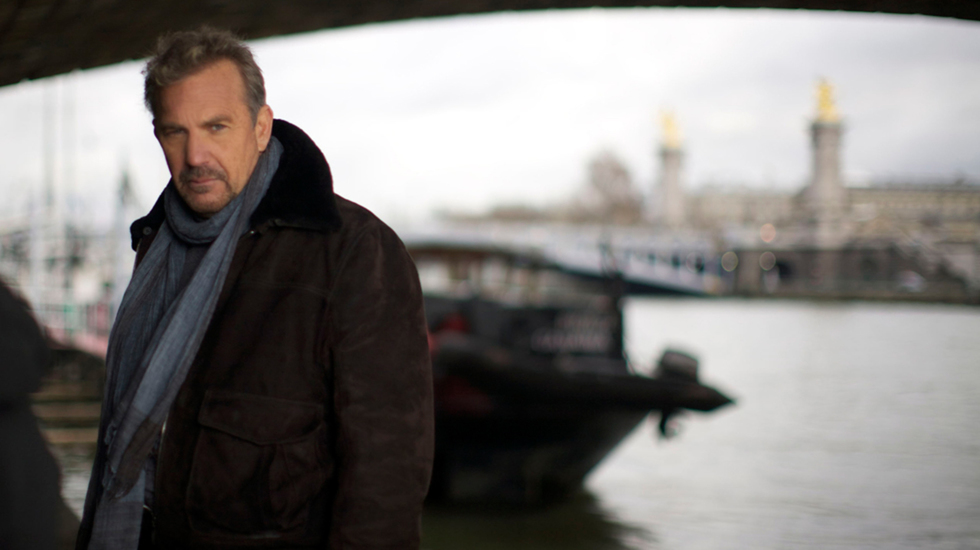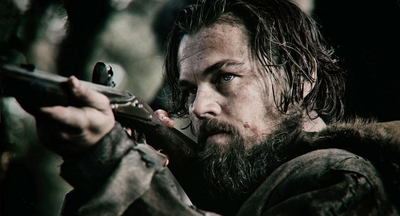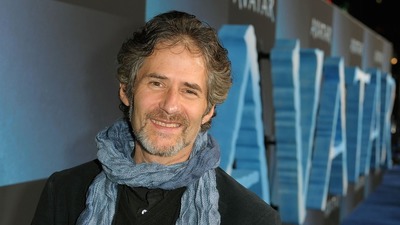
BY KAREN KEMMERLE |
The Career Resurgence of Kevin Costner
Though he’s been relatively quiet in recent years, this iconic leading man from the late 80s/90s is returning to the limelight—where he rightfully belongs.

It’s always nice to see Kevin Costner on the big screen, isn’t it? After his foray into television as the producer/star of the 2012 mini-series, Hatfields & McCoys, Costner seems to have recovered his breezy confidence. Though it’s only February, we’ve already been blessed with two Costner movies this year: Jack Ryan: Shadow Recruit and this week’s 3 Days to Kill. While these projects might not be high art (by any means), Costner is showing audiences that he is ready to take his place again in the spotlight. And we are more than ready for him.
Unlike Matthew McConaughey (currently in the middle of the career renaissance we predicted back in early 2013), Costner has never gone the indie film route. He is a Hollywood actor, through and through. Though he has dabbled in indie-like project such as The Upside of Anger, he seems most comfortable in higher profile studio projects. And why not? Costner is one of Hollywood’s archetypical leading men—note his dashing good looks, lanky frame, earnest demeanor, and ego to match.
Costner is one of Hollywood’s archetypical leading men—note his dashing good looks, lanky frame, earnest demeanor, and ego to match.
Past projects such as Robin Hood: Prince of Thieves, Wyatt Earp, Waterworld and The Postman clearly evidence Costner’s grandiosity. All of those massive vanity projects flopped on both artistic and commercial levels (to put it mildly) and few artists could have gotten away with them. However, Costner has the chops to back up the narcissism. In addition to appearing in some of the most iconic films of the late 80s and 90s (The Untouchables, Bull Durham, Field of Dreams, JFK), he directed, produced and starred in Dances With Wolves, a critical and box office juggernaut that won Best Picture in 1991.
While Costner worked steadily through the 1990s despite the notable hiccups in filmography, his career truly began to slow down in the early 2000s when he hit his mid-40s, a difficult age for any movie star. No longer sought after for leading roles in the types of films that had been his bread and butter— historical dramas, sports comedies, and romances—Costner wisely returned to his Western roots to direct and star in Open Range in 2003.

Costner shined as Charley Waite, a former soldier-turned-ranch hand, who shows remarkable skill and acumen when he, helped by his mentor (Robert Duval), fights a corrupt land baron and his hired guns to avenge a friend and save a community. This appealing but far from glamorous role earned Costner critical acclaim, and the film enjoyed modest box office success, but Costner was by no means on a roll.
What followed was forgettable fare like Rumor Has It…, The Guardian and Swing Vote and a self-imposed pause while he remarried and started a second family. It’s not suprising that he experienced a lull in his career. Like men his age (we’re looking at you, Liam Neeson), Costner resorted to a few mindless thrillers, but none that did particularly well at the box office. Even when co-starring with the great William Hurt in Mr. Brooks, Costner looked bored. All signs pointed to the conclusion that the fire he had in his younger days had been extinguished as far as his acting was concerned.
Man of Steel gave Costner, whose biggest hits were nearly two decades ago, the opportunity to establish himself with a new generation of movie-watchers.
Unless you’re a diehard Kevin Costner fan (as I am), you might not have heard of his band, Kevin Costner & Modern West. In 2007, Costner took his country rock band on a worldwide tour, and has released three albums: Untold Truths, Turn It On, and From Where I Stand. But Costner had not forgotten his career entirely. In 2010, he took a rare supporting role in John Wells’ The Company Men, joining an ensemble that included Tommy Lee Jones, Chris Cooper and Ben Affleck. Costner stole the movie despite his limited screen time, playing Jack Dolan, the brother-in-law to Affleck’s recently fired Bobby Walker, who welcomes him to his construction crew and saves him from the uncertain rewards of corporate America. Costner’s subtle performance feels incredibly authentic; it’s easy to believe that he is a blue-collar laborer whose values stand in stark contrast to corporate corruption.
After starring and producing in Hatfields & McCoys (for which he won a Golden Globe and an Emmy for his performance), Costner seemed rejuvenated and poised to return to Hollywood, although in what capacity remained uncertain. Wisely, he took role of Jonathan Kent, Kal-El’s earthly father, in Zack Synder’s Man of Steel. The film gave Costner, whose biggest hits were nearly two decades ago, the opportunity to establish himself with a new generation of movie-watchers. Nuanced and controlled, Costner conveys Pa Kent as simultaneously ordinary and exceptional. He takes a star turn in a supporting role, managing to make Kent’s sacrifice of himself to protect Clark from exposure the most riveting scene in the film.

Building on his success in Man of Steel, Costner chose another mentor role in this year’s Jack Ryan: Shadow Recruit. Costner brings the gravitas to an otherwise silly script, playing a man who sees the potential in Chris Pine’s Jack Ryan and acts as his handler with cold efficiency during one insanely bad trip to Russia. It’s another smart move on Costner’s part—gaining him additional exposure to mainstream audiences. The role also provided a perfect transition to Costner’s latest thriller, 3 Days to Kill, in which he portrays a dying secret agent who agrees to perform one last mission in the hope of securing an experimental cure.
Costner’s recent batch of carefully chosen supporting roles not only reinvigorated his dormant ambition but also laid the groundwork for his return to leading man status in Hollywood.
Get this—Costner has three more movies coming out in 2014 alone and, of course, plays the lead in all of them. What can we conclude? Costner’s recent batch of carefully chosen supporting roles not only reinvigorated his dormant ambition but also laid the groundwork for his return to leading man status in Hollywood. In Ivan Reitman’s Draft Day, he’ll star as Sonny Weaver Jr., the general manager of the Cleveland Browns who desperately attempts to secure the coveted first pick in the draft for his team. In Black and White, he’ll reunite with director Mike Binder to play a grandfather who attempts to gain custody of his granddaughter. And in Disney’s McFarland, based on a true story, he’ll star as a high school track coach in a predominantly Hispanic neighborhood who leads his team to glory (against tremendous odds naturally) in the 1980s.
So get ready for a 2014 chock full of Kevin Costner. It has taken a while, but he’s back, and frankly, that’s great news for movie lovers.

